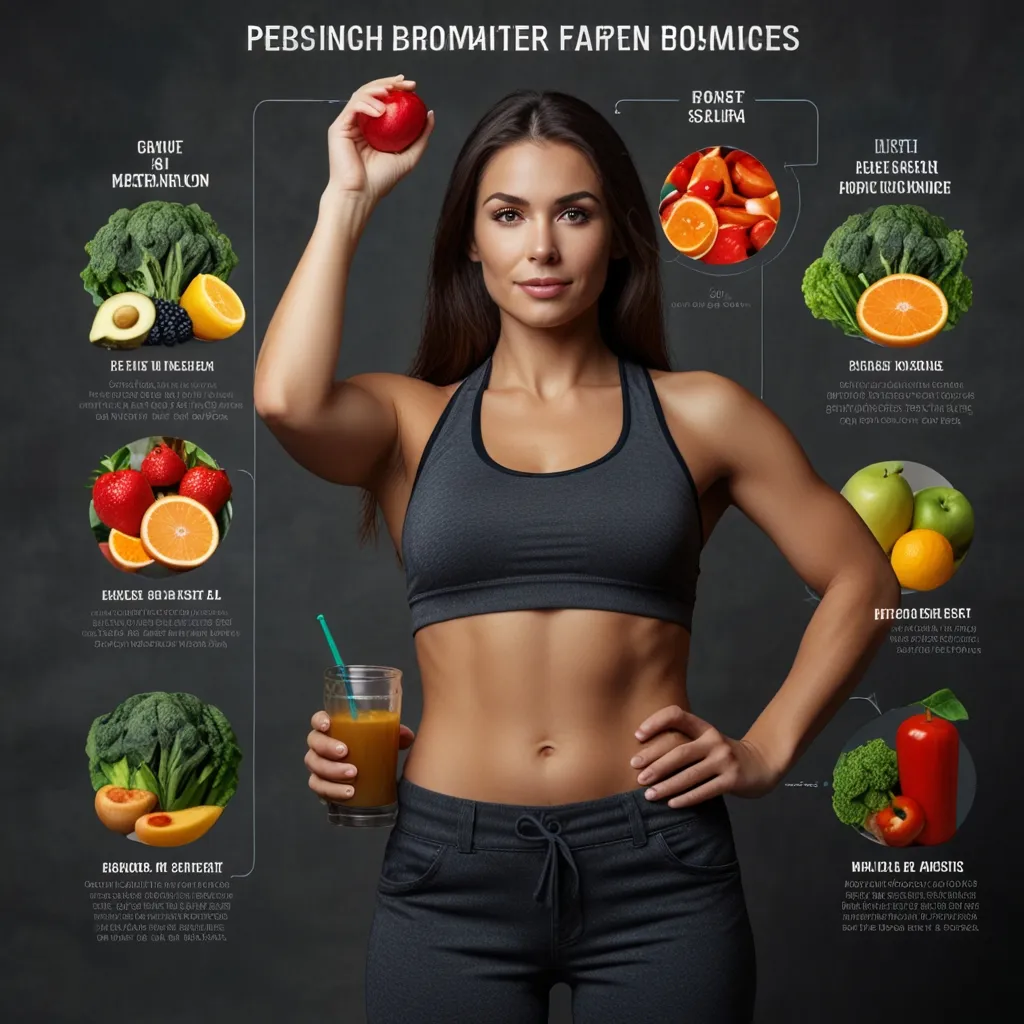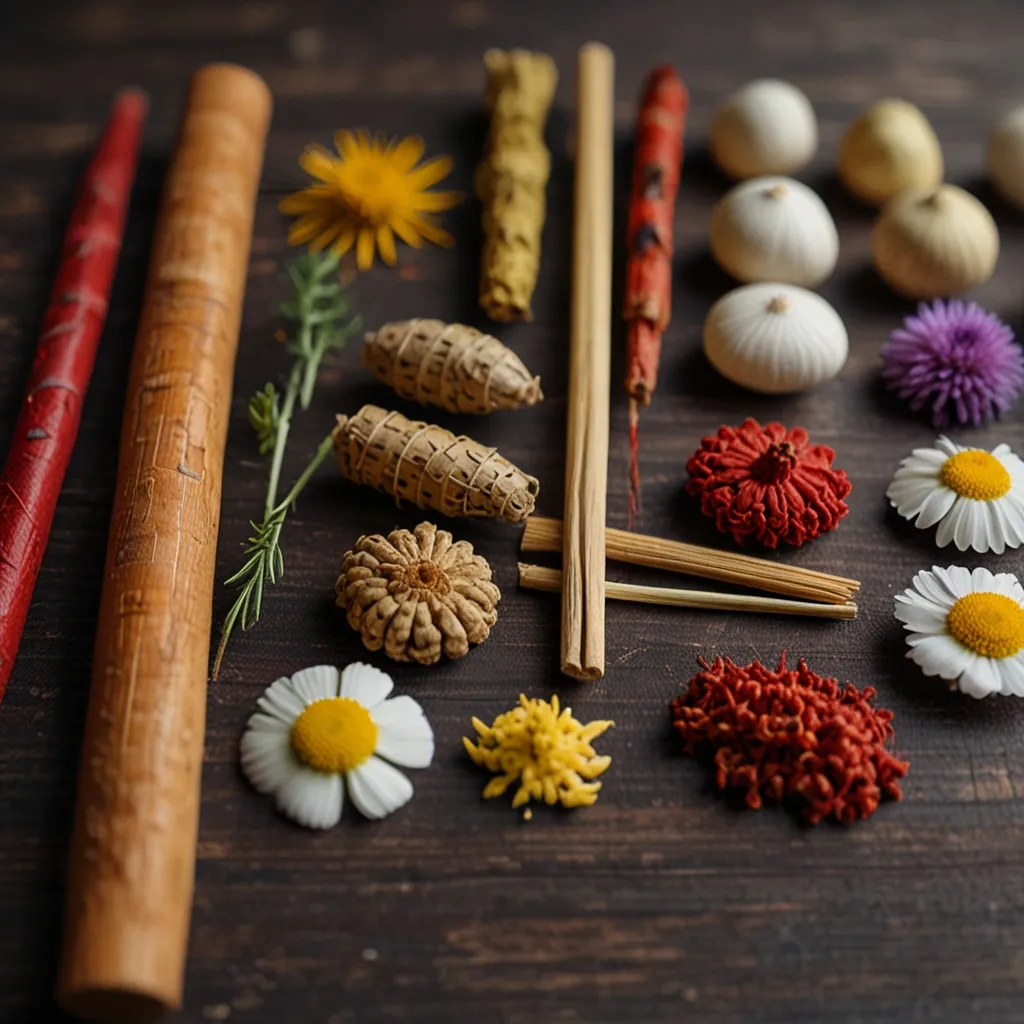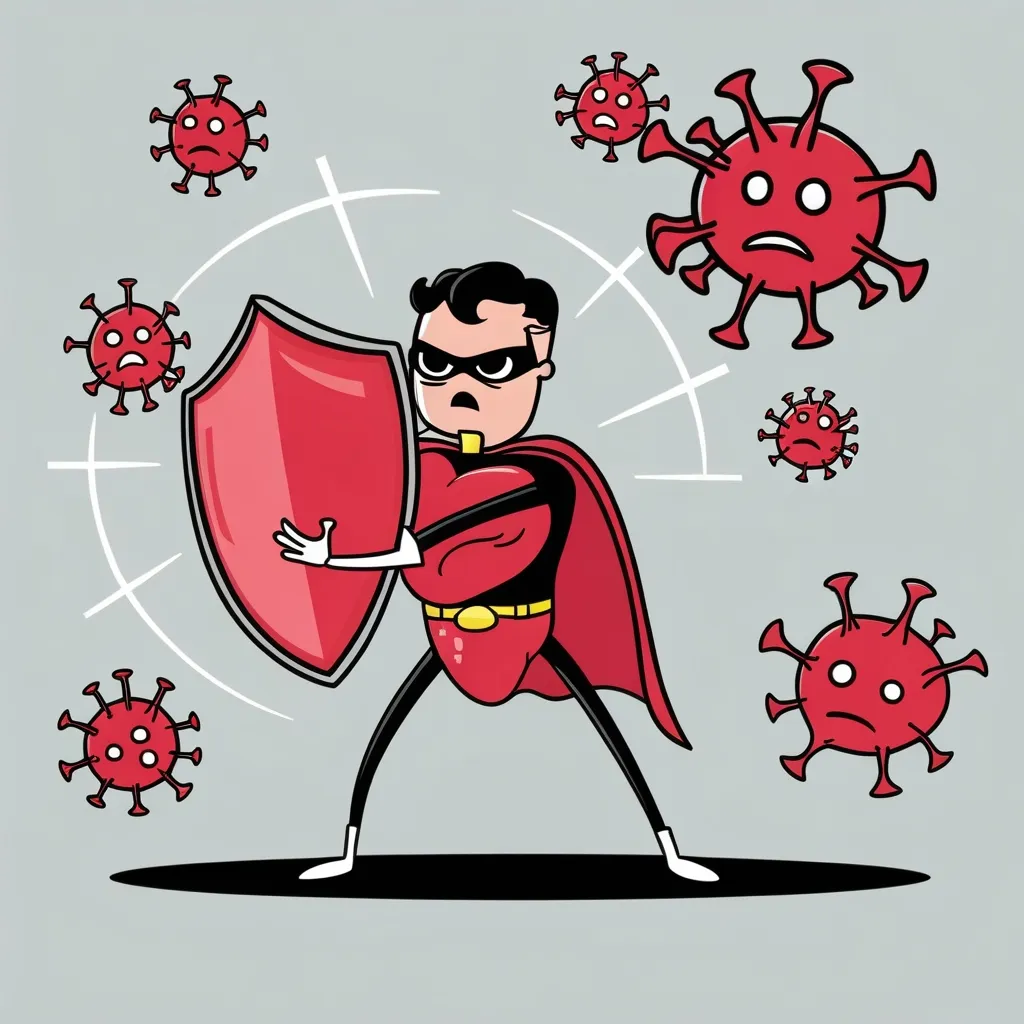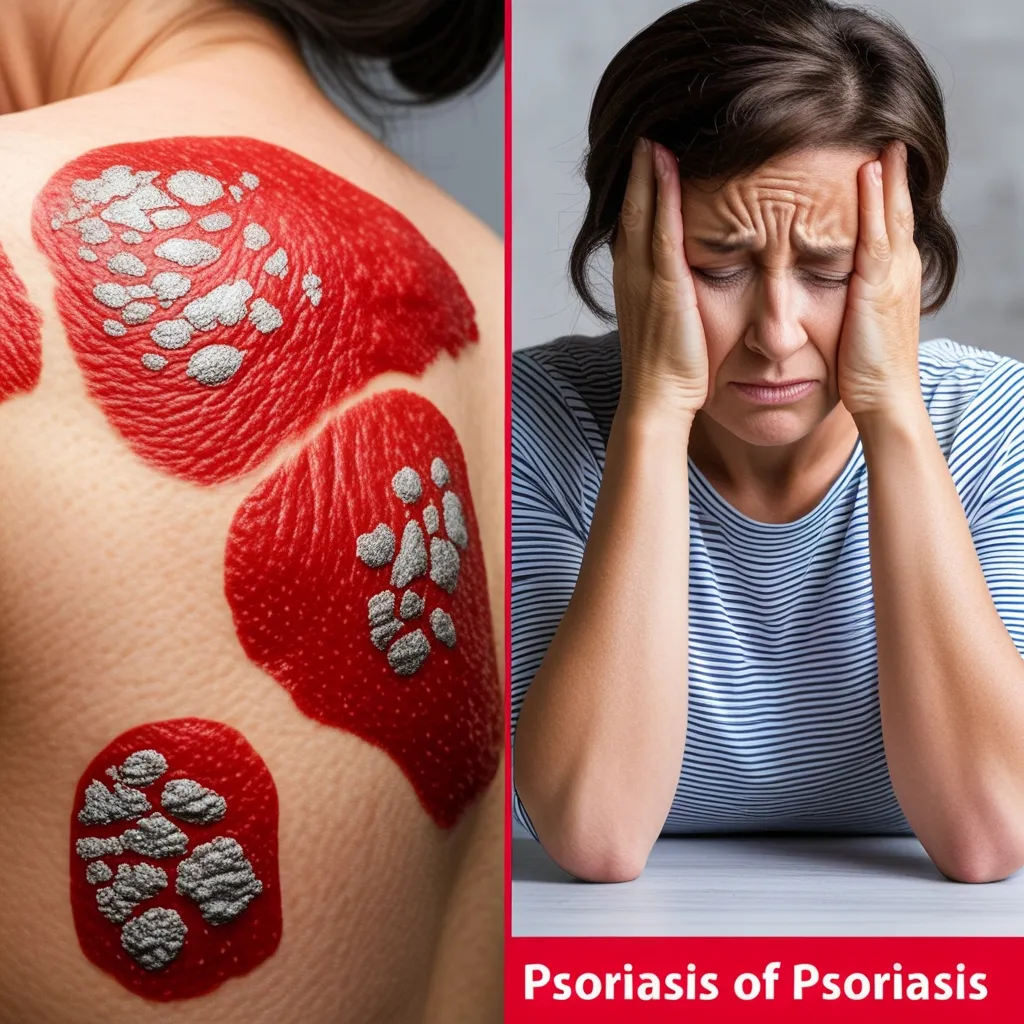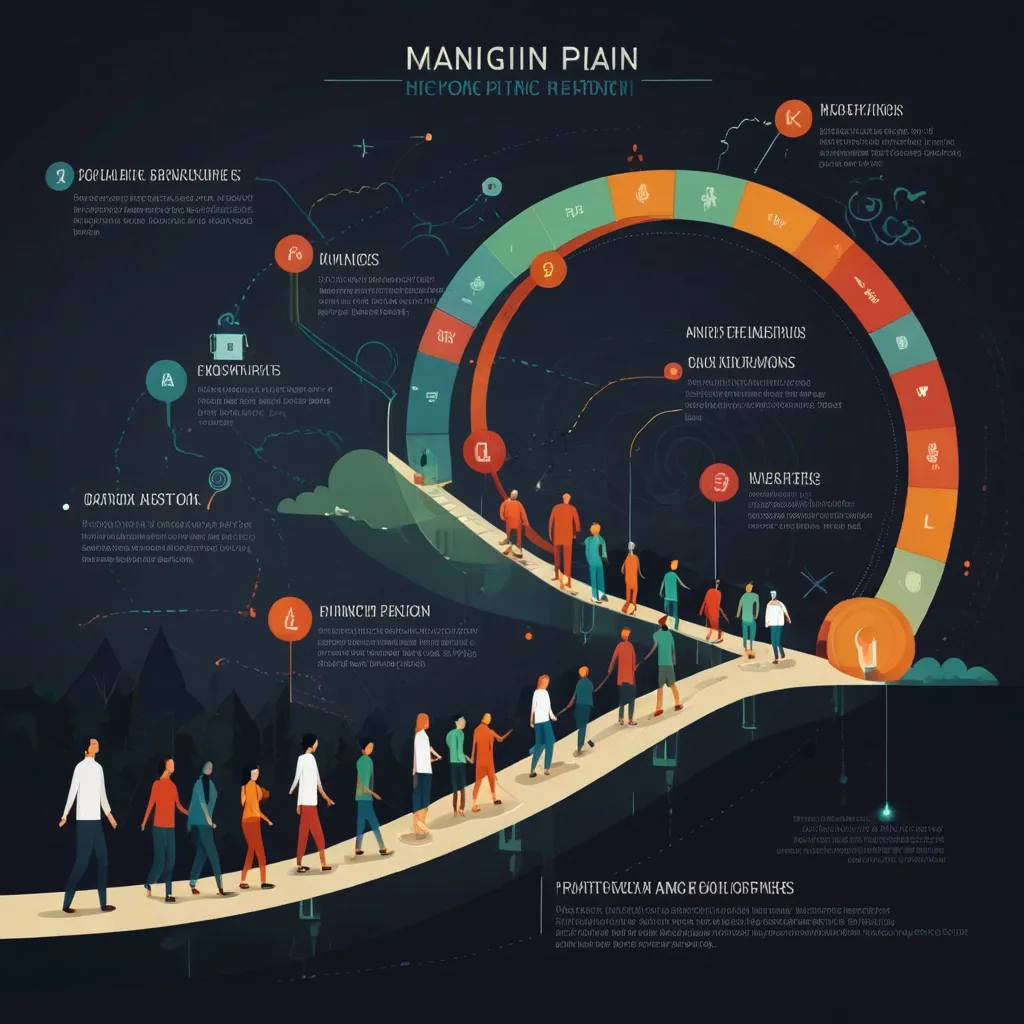High blood pressure, or hypertension, is like that sneaky friend who always stirs up trouble when you’re not looking. This “silent killer” quietly damages blood vessels and can lead to some pretty serious health issues like heart disease and stroke. It’s a reality for nearly half of the American adult population and over a billion people around the world. While there’s no magic cure, you can definitely make some natural lifestyle tweaks to keep it in check.
Exercise is one of the superheroes in the fight against high blood pressure. Regular physical activity makes your heart stronger and more efficient at pumping blood. This means less pressure on those precious arteries. Aim to get at least 150 minutes of moderate exercise or 75 minutes of vigorous exercise each week. Even a casual 30-minute stroll daily can work wonders. Think about ditching the elevator for stairs, swap driving for walking (when you can), and get moving with household chores, gardening, or even biking. Team sports are great too if you enjoy a bit of friendly competition.
Your diet has a massive impact on managing blood pressure too. A balanced diet filled with whole grains, fruits, veggies, and low-fat dairy can help bring those numbers down. The DASH diet – Dietary Approaches to Stop Hypertension – is a blueprint for eating healthy. It pushes for foods low in saturated fat and cholesterol. Think colorful plates brimming with natural goodness.
Now, let’s talk salt. Our love affair with salty snacks needs to cool down. High salt intake is a global habit that feeds high blood pressure and heart issues. Ideally, aim to limit sodium to 2,300 mg per day or less, even better if you can keep it around 1,500 mg. That means becoming a food label detective, opting for low-sodium versions, cutting down on processed foods, and using herbs and spices to keep flavors popping without the salt.
Alcohol is another one to watch. It’s like that party guest who’s fun until they overstay their welcome. Drinking too much can raise blood pressure and lead to other health problems. Stick to moderate drinking – that’s up to one drink per day for women and two for men. If you’re going overboard, it’s time to dial it back a notch.
Stress is the sneaky culprit that can spike blood pressure temporarily. Finding ways to relax is essential. Breathing exercises, meditation, and yoga are fantastic for unwinding. These activities calm the mind and can lower blood pressure naturally.
Excess weight puts extra strain on your heart and blood vessels, causing higher blood pressure. If your Body Mass Index (BMI) is 25 or over, losing weight can bring those numbers down. The mantra here is simple: move more, eat less, and eat smart. Cutting down on sugar and refined carbs can also help you shed pounds and reduce blood pressure.
Potassium is the unsung hero that helps balance out sodium. Aim for 3,500 to 5,000 mg of potassium each day. Foods like bananas, leafy greens, and sweet potatoes are rich sources. Boosting your potassium intake can lower blood pressure by about 4 to 5 mm Hg.
Staying hydrated is crucial. Proper hydration improves blood vessel function and can help manage blood pressure. Keep sipping that water, but remember, if your blood pressure is stubbornly high, having a chat with your doctor about medication might be necessary.
Supplements and natural remedies can also be allies. Aged garlic extract, berberine, whey protein, fish oil, and hibiscus tea have shown potential in lowering blood pressure. Magnesium, another key player, helps relax blood vessels. You can find it in veggies, dairy products, legumes, chicken, beef, and whole grains.
Keeping tabs on your blood pressure is fundamental. Regular monitoring helps you spot changes and track if lifestyle modifications are making a difference. Recording your readings over time provides a clear picture and is valuable intel for your healthcare provider.
Speaking of healthcare professionals, they’re your partners in this journey. Working closely with your doctor can help you tailor an exercise program, fine-tune your diet, and keep track of your progress. Embracing a heart-healthy lifestyle can significantly reduce your blood pressure, improve the efficacy of medications if needed, and lower the risk of major health threats.
To sum it all up, managing high blood pressure naturally is all about blending regular exercise, a healthy diet, cutting down on salt and alcohol, stress management, maintaining a healthy weight, boosting potassium intake, staying hydrated, and considering some helpful supplements. By making these lifestyle changes and collaborating with your healthcare team, you can keep your blood pressure in check and enhance your overall health.
